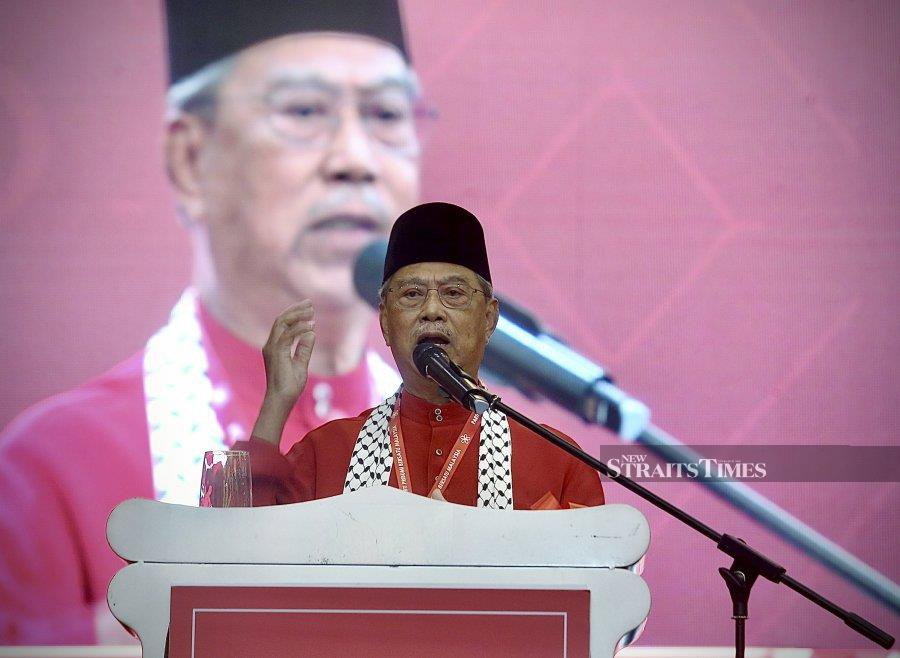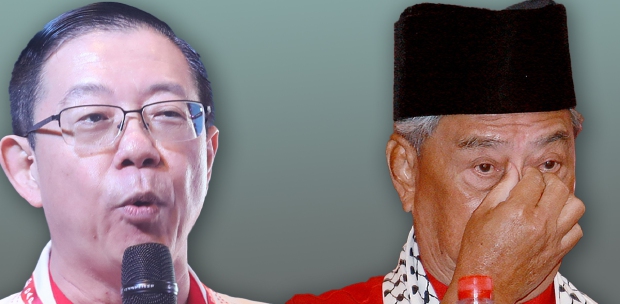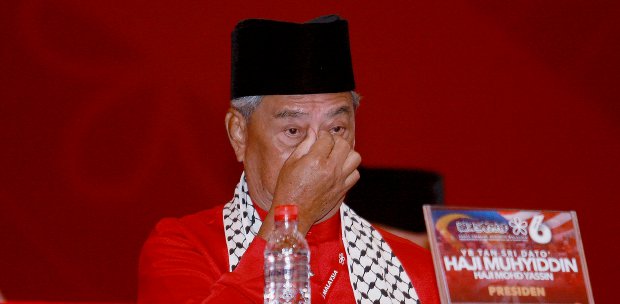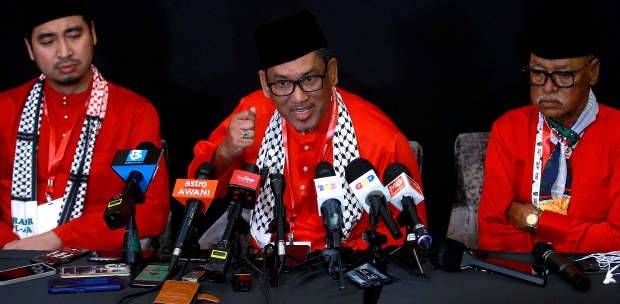KUALA LUMPUR: Tan Sri Muhyiddin Yassin's about-turn to defend the Parti Pribumi Bersatu Malaysia presidency was probably a calculated move to avoid further problems within the party.
Analysts said the former prime minister might have wanted to use his platform at the recently-concluded Bersatu general assembly to gauge support towards his leadership.
They believed that when his intention to let go of the president's post was rejected by the party, he decided to do something that would ensure the rank and file would close ranks.
International Islamic University Malaysia Associate Professor of Political Science Dr Syaza Farhana Mohamad Shukri said Muhyiddin's initial move to let go of the presidency was about "testing the waters" to see if he had support to do so.
"Muhyiddin was playing it safe by saying that he wouldn't defend the presidency. He was just testing the waters. But after gaining support from party members (to remain in his post), he gained his confidence to go on in his current post
"He never tested his support in Parliament when he was prime minister. I don't think he's willing to take a risk of possibly losing," she told the New Straits Times.
However, Syaza said it could still be argued if everyone in Bersatu wanted Muhyiddin to remain as president.
"I'm not sure if all among the party's leadership really want him to continue leading Bersatu.
"However, his 'u-turn' today shows that perhaps, there might be some guarantee he will be able to retain the presidency. He seems to really want to stay on. It's not because there is no one who can replace him. It's because he feels entitled as he is a co-founder of Bersatu," she said.
Universiti Sains Malaysia's Professor Dr Sivamurugan Pandian emphasised the importance of Bersatu devising a succession plan, despite Muhyiddin wanting to retain his presidency.
He said the party must prepare for a future without Muhyiddin to ensure continued functionality.
"The time has come for Bersatu and Perikatan Nasional to start looking at who should lead the post-Muhyiddin period so they remain relevant and significant in Malaysian mainstream politics.
"Although Muhyiddin has opted to stay, the various factions within Bersatu must collaborate closely to prevent internal crises."
Sivamurugan said the succession plan is crucial to ensure the party is well-prepared for any possible decision that might affect them in the near future.
He drew parallels with a similar scenario involving Umno's former president, Tun Dr Mahathir Mohamad 21 years ago.
"If we look back on Tun Dr Mahathir's actions in 2002, he wanted to vacate his post in Umno. There was an 18-month transition period before he passed the baton to Tun Abdullah Ahmad Badawi, as the Supreme Council also initially rejected his decision.
"If the Bersatu Supreme Council were to reject Muhyiddin's plan, a succession plan may become necessary for a smooth transition within the party, akin to what occurred in Tun Dr Mahathir's case.
"(But) it's normal when a leader decides to leave: camps emerge. Bersatu has to make sure that if anything happens to the party, it's done with a proper transition in place."
Nusantara Academy for Strategic Research senior fellow Dr Azmi Hassan said Muhyiddin's latest decision was due to him being confident with his grassroot support.
"To resign from the presidency, there must be specific reasons. He has considered that he still has strong support within the party, and this led to him to making this latest decision.
"The reality of it is that a leader must make a decision for the good of the party. When the party wants him to continue, that is the essence of it."
Azmi denied any opinion that Muhyiddin decided to defend his presidency due to a shortage of prominent leaders or suitable successors.
"There is no shortage of potential leaders within Bersatu, given figures like Datuk Seri Hamzah Zainuddin and Datuk Seri Ahmad Faizal Azumu, who could potentially assume the presidency.
"Moreover, pressure from Bersatu members should not serve as a justification for vacating the position as this might not align with the party's interests.
"It must be emphasised that the president must make a decisive decision, acknowledging the undeniable fact that Bersatu has recently lost its direction and momentum," said Azmi.
]
Muhyiddin had said in his wrapping up speech at the party general assembly that he would defend his post for another term.





